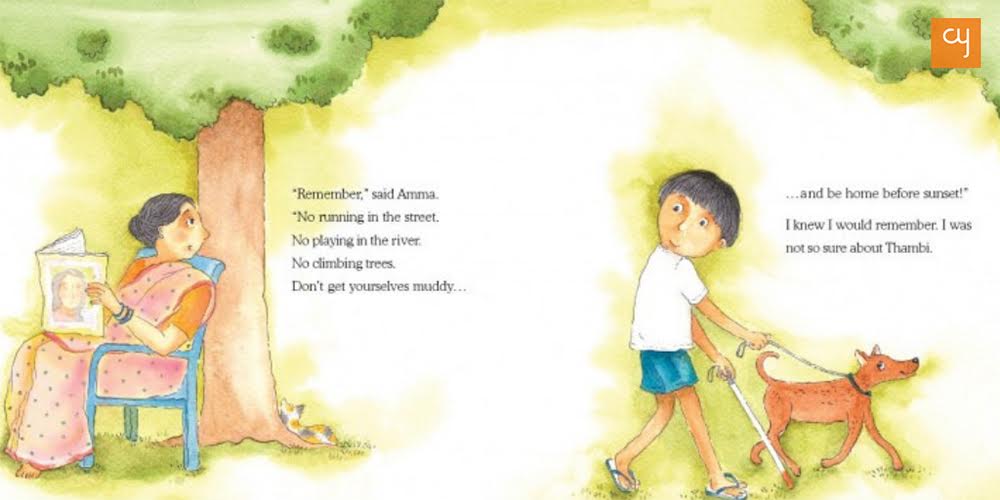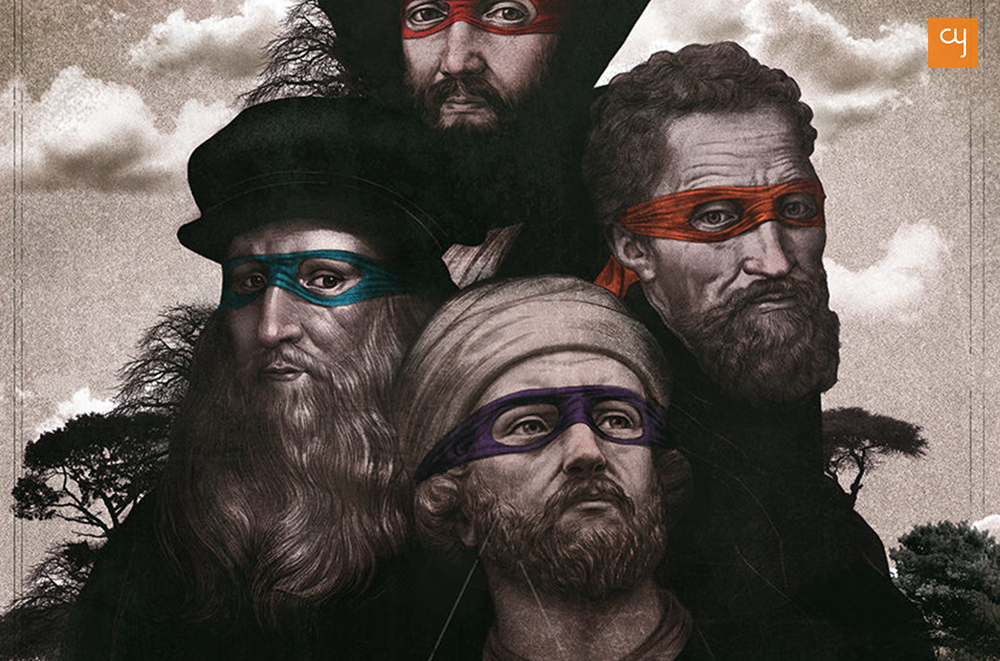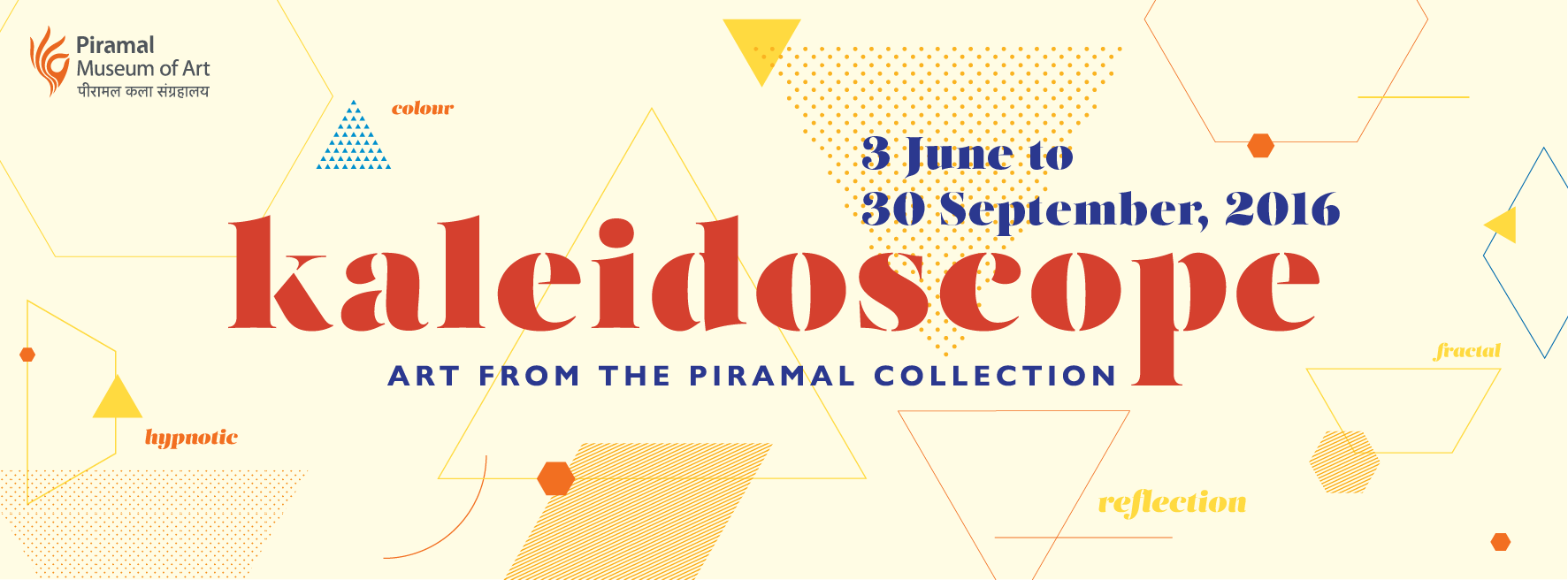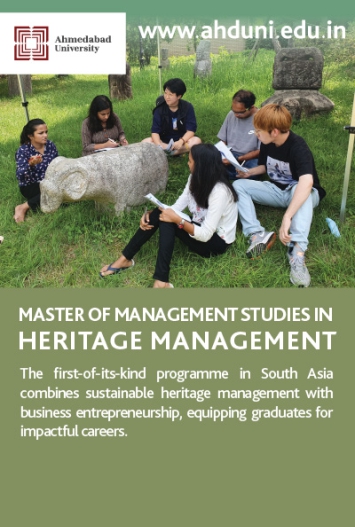For many people, the world of art might seem a bit queer and unapproachable – intimidating, even. To help bridge this communication gap, Ajay and Swati Piramal have thrown open the doors of their private art collection in Mumbai. A self-proclaimed optimist, Ajay Piramal describes their joy for collecting art – “I try to look on the brighter side. I like calm and peace. I don’t like morose subjects where there is a lot of conflict or fighting between things; or colours which are really dull, like blacks and greys. So in some ways our collection reflects my thinking.”

E B White had said, with reference to the role of the writer, that “he should tend to lift people up, not lower them down.” And this too seems to be the Piramals’ outlook on art. Through the visual experiences offered by their collection, they seek to create positive spaces for change. Here we share notes from an open lecture series organised by the Piramal Art Foundation, in continuation to their Kaleidoscope exhibition in Mumbai.
Voices of the subaltern
Critic Gaytri Sinha eloquently described brightly painted scenes that adorn a Buddhist chaitya hall in the opulent ITC Maurya Hotel. Painted by Krishen Khanna, the scenes are of a north-Indian dhabba – the irony of the setting making it amply evident that the artist “did not just want to make it look like a rich man’s hotel.” This is just one example discussed that day that portrayed the urgent necessity felt by many artists to empathise with the downtrodden through their works.

In fact, for Khanna, the dhabba as a setting remained a continuing fascination throughout his life, with his paintings portraying in detail the heavy clothes that drape the dhabba’s visitors and the tight architectural quarters that contain them. Surely, this empathy springs often from a place of personal struggle – for Khanna, the self-taught artist, was a man who struggled to make a living as an artist. For quite a while since he quit his well-paying bank job, he painted with canvases stretched on the back of his toilet door, described Sinha, while his wife earned a living as a teacher.
Metaphor for the personal
This subconscious projection of personal struggles into the realm of expression is poignantly clear when we understand the words of Elbert Hubbard that “art is not a thing – it is a way.” Perhaps one of the most moving stories of personal catharsis is of K Ramanujam – the gifted artist who had a mental disability that severely hindered his verbal ability and social relations. His paintings provide fertile material for psychoanalysis, as art historian Dr Ashrafi Bhagat described, for his loneliness often found reflection in the surreal and imaginary worlds that he portrayed. The power that he could not experience in his personal life – where people often mocked him – reflected in the form of alter egos in his work. For instance, in one particular painting he is portrayed as a god that is riding on a horse.
Rootedness and resistance
In this complex process of reclaiming the personal within the realm of the external is equally evident a struggle among Indian artists, of the 60’s in particular, to reclaim a sense of “Indianness” in a post-independence era – as a reaction to western hegemony and its flood of abstract images. While K K Hebbar had aptly remarked on the irony of “studying Indian traditions in a Victorian school”– as he was a student at J J School of Art – Dr Ashrafi Bhagat emphasized how the 1960’s indeed marked a “watershed in the growth of Indian art”. Some of the notable reinterpretations of our traditional roots that emerged from this prolific phase were of artists like KCS Paniker, who was inspired by the Ajanta paintings; and Velu Vishwanathan who was moved by images of deities covered in red kumkum. However, Dr Bhagat added that, though we have turned towards our immediate context, our ‘colonial hangover’ still prevents us from placing tribal and folk art in the same league as fine art.

Altogether, the lecture series provided a window for students, novices and enthusiasts alike, into the empathetic role of art and its rootedness in tradition. In its earnest efforts to make knowledge on art accessible to all, the Piramal Art Foundation is opening up doors to the art world. To engage with various kinds of audiences, they keep their concepts and events deep yet devoid of verbal complexity, and organise frequent free talks, workshops and tours in Mumbai. Keep a track of their events here.
Cover Image Source : Piramal Art Foundation
Yatra Archives

 How Tulika Books is creating impact in children’s lives through picture books
Nandini Varma
How Tulika Books is creating impact in children’s lives through picture books
Nandini VarmaAug 21, 2019
A children’s book about a boy who feels like a girl. And about a child brought up by grandfathers. These are some of the stories published by Tulika Books, who have been making children’s picture books since 23 years. Little…
 Dalgona Coffee: A worldwide social media trend about home-made café experience
Harshil Shah
Dalgona Coffee: A worldwide social media trend about home-made café experience
Harshil ShahApr 2, 2020
While the lockdown has ignited various trends on social media, one that has received a major global following is #DalgonaCoffee. With thousands of posts on its name, here’s all you need to know about the Dalgona Coffee wave. I first…
 Leonardo, Michelangelo, Raphael and Donatello—Artists or Teenage Mutant Ninja Turtles characters?
Harshil Shah
Leonardo, Michelangelo, Raphael and Donatello—Artists or Teenage Mutant Ninja Turtles characters?
Harshil ShahNov 5, 2019
Did you ever wonder where the Teenage Mutant Ninja Turtles’ characters got their names from? Well, your search is complete. Here is a brief introduction of the artists from whom the creators of TMNT took inspiration. Teenage mutant ninja turtles,…
 The call of the mountains: orthopaedic Dr Yatin Desai’s advice on trekking
Himanshu Nainani
The call of the mountains: orthopaedic Dr Yatin Desai’s advice on trekking
Himanshu NainaniMay 24, 2019
In this piece 64 year old Dr Yatin Desai, shares with CY his inspiring story of how to scale towering mountains with utmost ease and how this life adventure activity can shape human character and health. Chances are high that…




